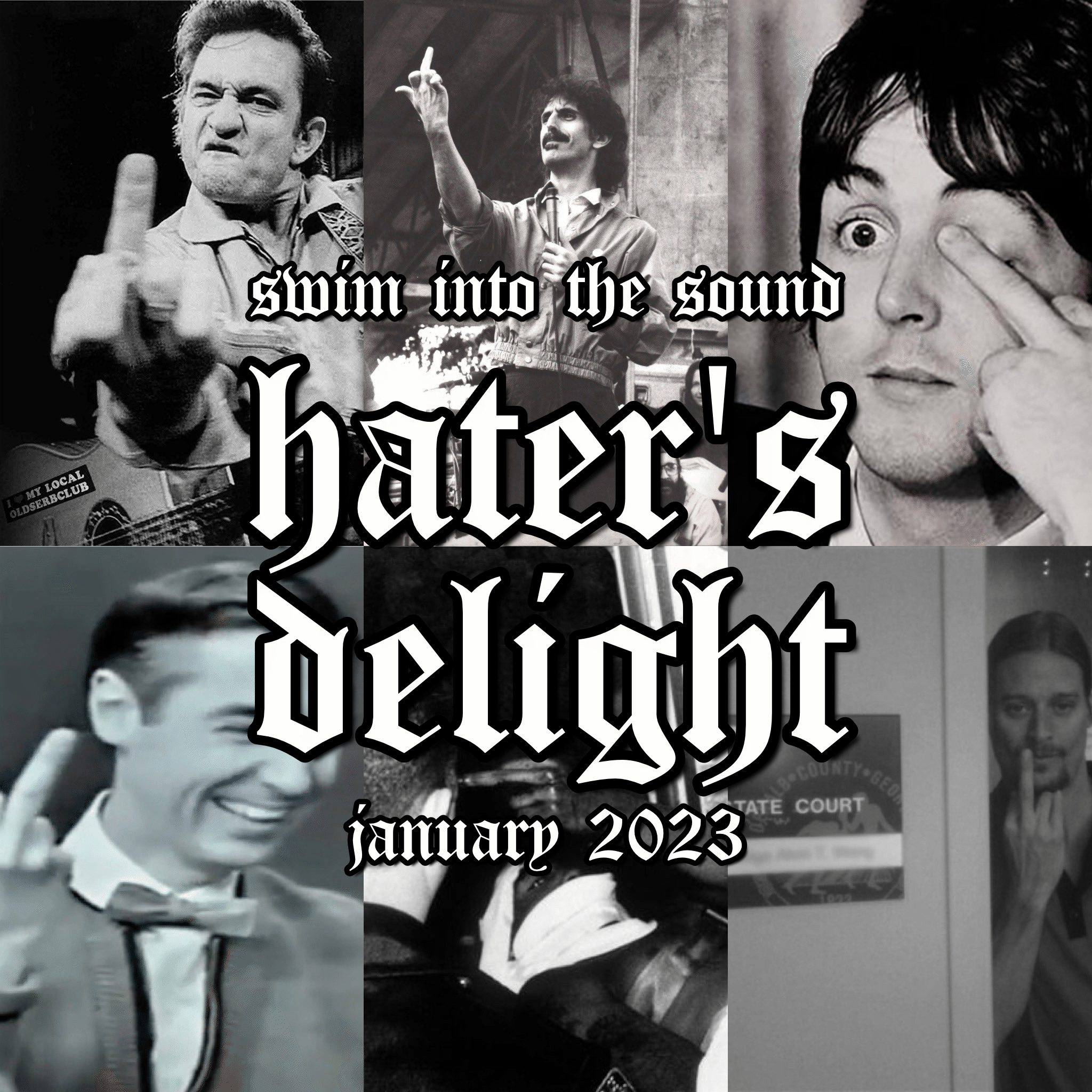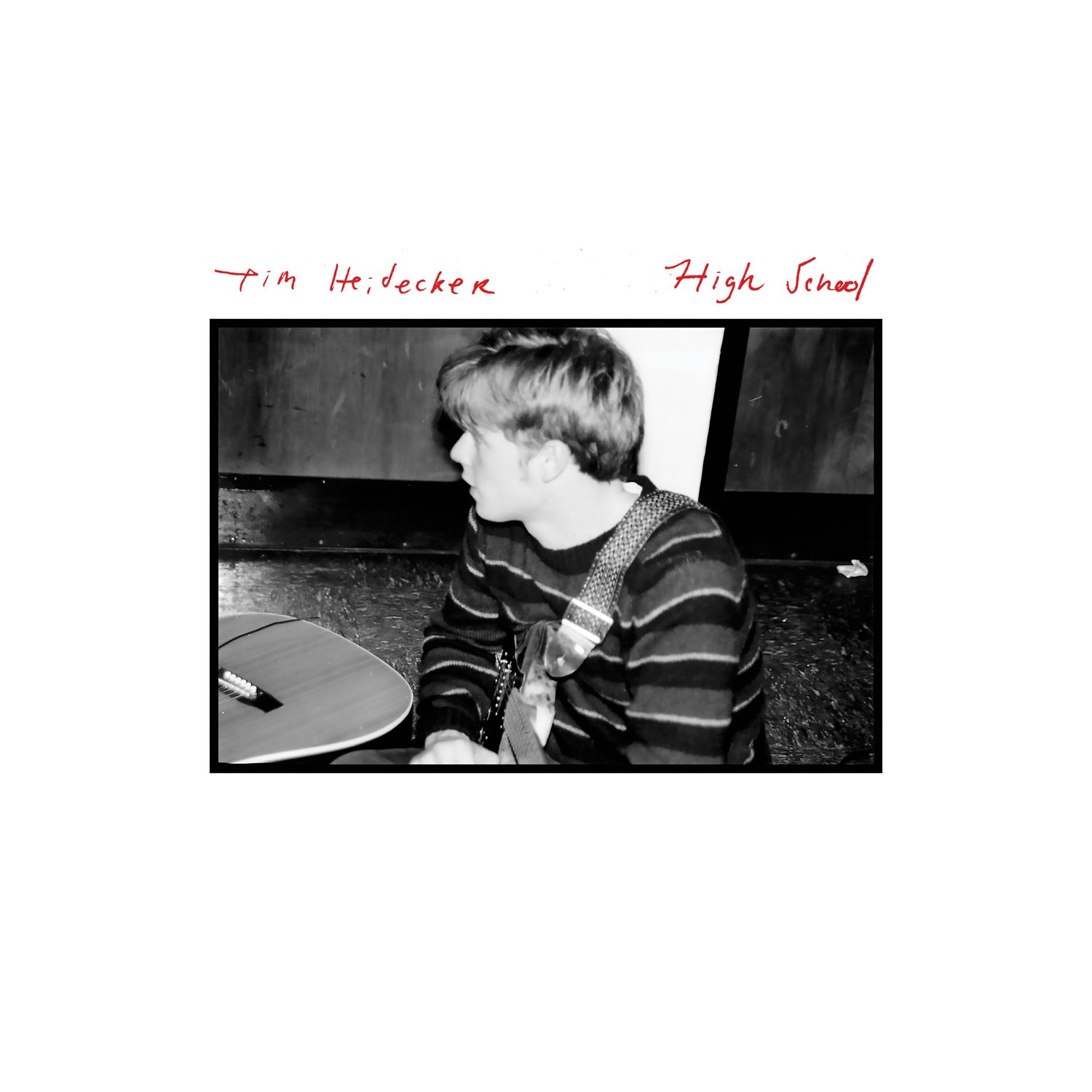Andy Shauf – Norm | Album Review
/ANTI‐
The power of discovering music in a record store is still as relevant today as it was before the turn of the millennium. Walking into your favorite local shop, hearing the staff picks on the speakers, and then buying the album on the spot. It’s something that just can’t be recreated by sharing a streaming link. That’s where my fandom of Andy Shauf began in 2020.
Masked up and existentially confused, the soothing tones of his release that year, The Neon Skyline, immediately stuck out to me. Sitting somewhere between the Scottish twee of Belle And Sebastian and the cabaret croons of the Burt Bacharach catalog, Shauf really showcased a singer-songwriter style I felt like I’d missed for many years. It was a heavy spin for me in the back half of the year, as was his 2021 follow-up Wilds that continued the story. Consider it the Mallrats to its predecessor’s Clerks; the same characters followed from different perspectives while introducing new ones.
Norm is Shauf’s eighth proper LP and is a wonderful way to kick off the year in music. From the beginning of the opener, “Wasted On You,” longtime fans will be pleased that Andy is not deviating from his signature style; he continues to be one of the most recognizable voices Canadian indie rock has to offer lately. If you heard Father John Misty’s last album, Chloe And The Next 20th Century, and thought, “what would it be like if these songs were good?” Norm delivers that reality. It creates a soft-spoken world using elements of the orchestral pop and easy-listening landscapes of our grandparents’ generation. To appease all ages, those same elements shine under the ultra-clean production of the modern indie era.
The falsetto opening of “Telephone” comes in so strong I was certain he was bringing in a guest vocalist for a duet. Which, given the style of this record, would probably fit quite well. In turn, this is just Andy using his range as a strength, like Adrienne Lenker would on some of her most intimate material. Andy’s vocals are once again a standout throughout the LP, but it’s the way he uses them on top of the sparse, relaxed instrumentation that makes all his records captivating. Swooning through passionate lines such as “I would live on the telephone if I was listening to you talk about your day.”
“Norm,” the title track, is the perfect centerpiece. Calling the lead character by name for only the second time so far (the first being a subtle mention in the very last line of “You Didn’t See”), we learn he “lays on his side with heavy eyelids” and hears the voice of the narrator “lead[ing him] to the promised land.” If one thing is clear throughout the album, our hero Norm is straight up not having a good time.
On “Halloween Store,” Shauf delivers maybe his strongest stanza of the record. In describing Norm’s feelings on meeting one of the many persons of interest encountered, he “wondered if I locked the house, walked back and found that I hadn’t. But now my keys were in the car.” / “Pulled the handle, and it snapped back. At least I’d locked one door.” It’s clear the small victories for Norm are enough in some cases. Shauf’s almost talk-sing delivery makes it hard to fully take it in if you’re not listening with a close ear. It’s an intoxicating moment of insecurity.
If Norm invokes one thing, it’s tenderness. Like many of Shauf’s releases, his ability to effortlessly bring you into his orbit and immediately feel comfortable is continually impressive. For example, take the opening salvo of “Sunset” and “Daylight Dreaming,” a pair of songs whose sonic qualities live up to their titles. Shauf wields his words perfectly: “Just watching the sunset, and I’m letting you know just how long I’ve loved you for,” he pleads. On the latter, he sings, “All my daylight dreaming can’t get you on the phone, so send me strength to God Almighty.” The presence of a higher power is considered throughout the album, but maybe never accepted.
So the story ends as it begins, the 102-second closer “All Of My Love” taking its name from the chorus of track one. It gives the impression that the legend of Norm is endless, or maybe that the titular Norm’s romantic journey is. Shauf’s smart decision here to not only tie the last song to the first, in addition to making it brief, invites the listener to start it again. Flip the record back over. Hit the album repeat button on streaming. Imagine King Gizzard’s Nonagon Infinity, an album on a seemingly constant loop, albeit more French café than outer space in this instance.
I can also understand Shauf’s gift of quiet tone setting being a crutch for some listeners. If you’re not willing to be right there, ears to the words, you could miss the details. Norm is patience demanding but wildly fulfilling. If you enjoy the similar quirk of Jens Lekman, the character-driven library of The Mountain Goats, or the heartfelt delivery of late fellow Canadian legend Gord Downie, Andy Shauf’s Norm should be considered for your 2023 new release rotation.
Logan Archer Mounts once almost got kicked out of Warped Tour for doing the Disturbed scream during a band’s acoustic set. He currently lives in Rolling Meadows, IL, but tells everyone he lives in Palatine.
Twitter: @VERTICALCOFFIN
Instagram: @sleeps.with.angels














